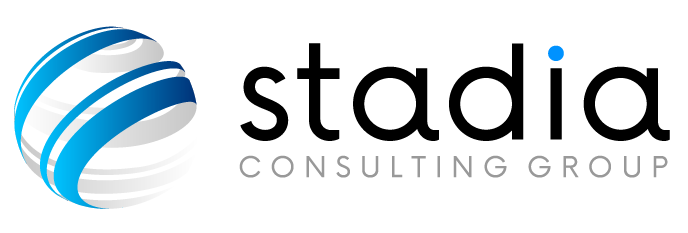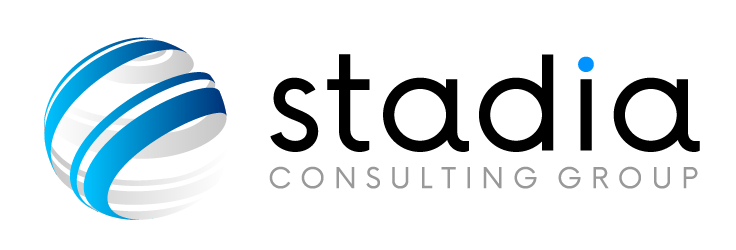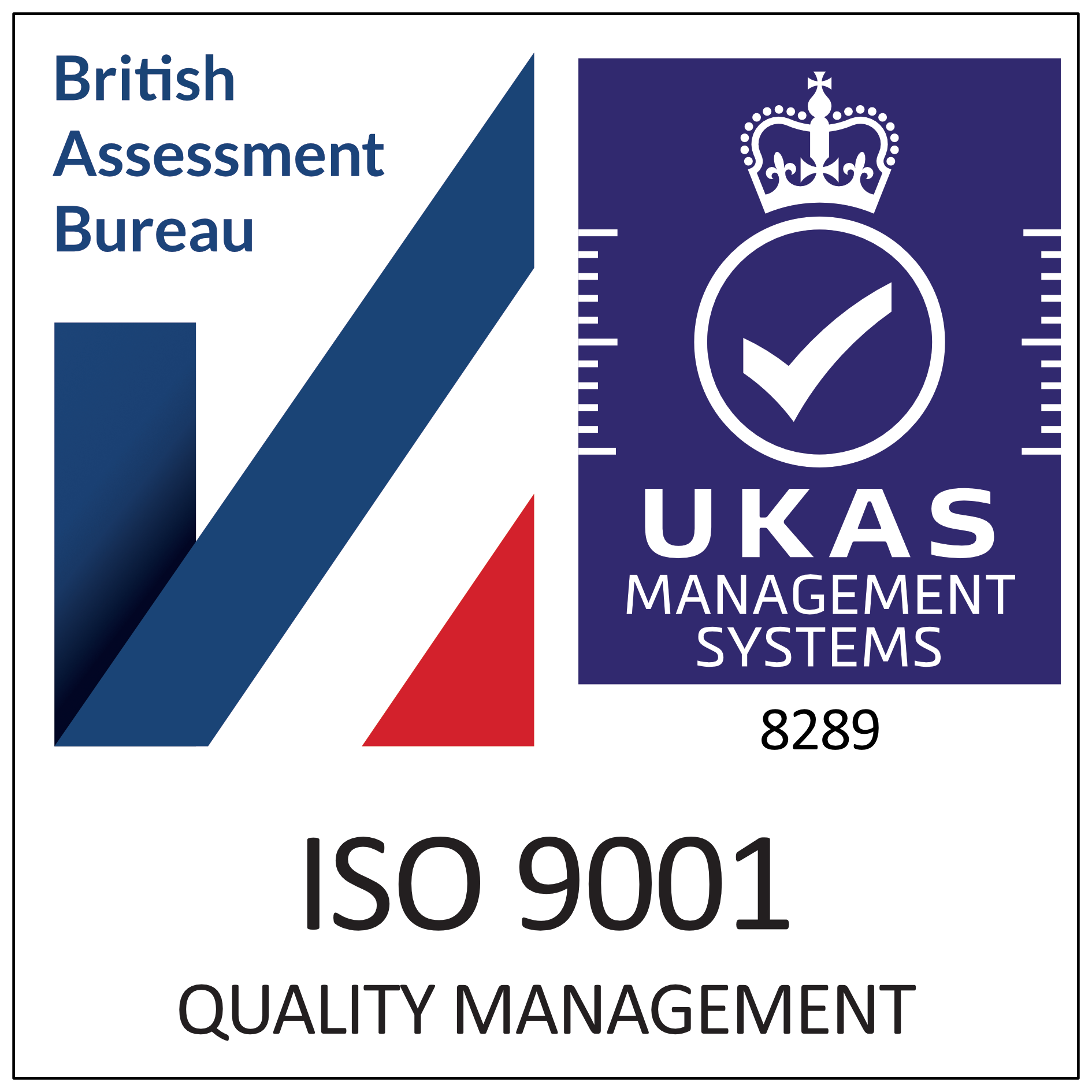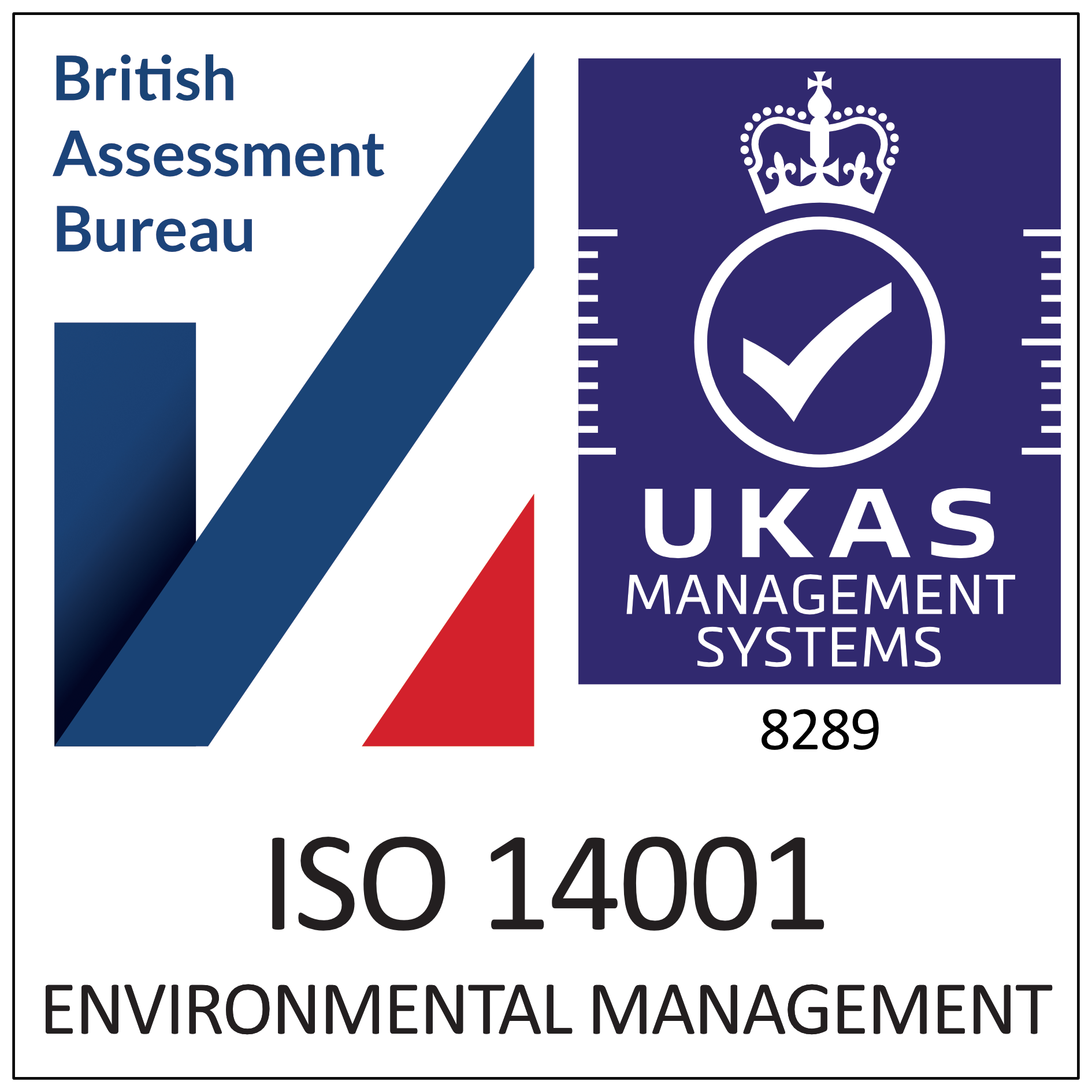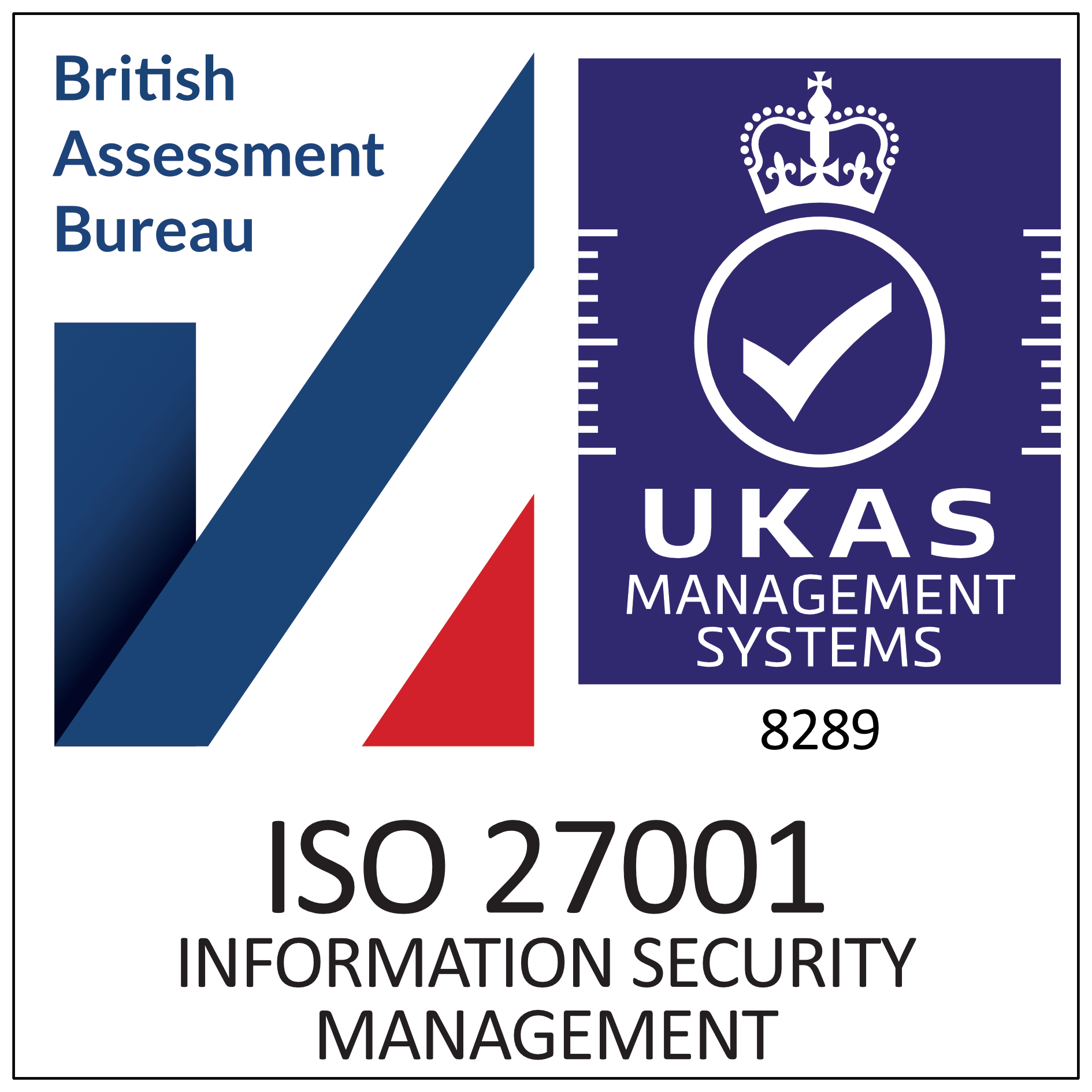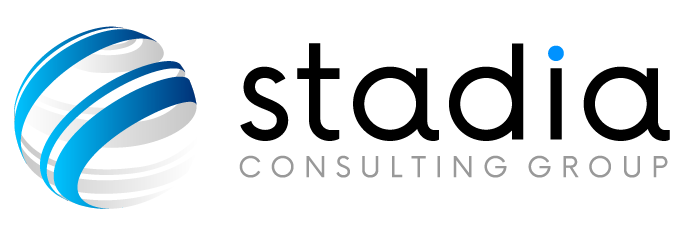Stadia Consulting Group achieves multiple UKAS ISO accreditations!
In today's digital age, the importance of data protection, quality management, and environmental management cannot be overstated. As businesses continue to expand their operations, they face a growing number of risks related to data security, quality control, and environmental impact. That is why it is essential for companies to obtain accreditation from globally recognized organizations that certify compliance with established standards. At Stadia Consulting Group we are proud to announce that we have achieved ISO 27001, ISO 9001, and ISO 14001 accreditations.
ISO 27001
ISO 27001 is an international standard that outlines the requirements for an Information Security Management System (ISMS). This standard ensures that businesses have robust systems in place to protect their sensitive information from unauthorized access, theft, or corruption. Achieving ISO 27001 accreditation demonstrates our commitment to ensuring the confidentiality, integrity, and availability of our clients' information.
ISO 9001
ISO 9001 is an international standard that outlines the requirements for a Quality Management System (QMS). This standard helps businesses ensure that their products and services consistently meet customer requirements and regulatory standards. By obtaining ISO 9001 accreditation, we have demonstrated our ability to provide high-quality products and services to our clients.
ISO 14001
ISO 14001 is an international standard that outlines the requirements for an Environmental Management System (EMS). This standard helps businesses manage their environmental impacts and reduce their carbon footprint. Achieving ISO 14001 accreditation demonstrates our commitment to environmental sustainability and our efforts to minimise our impact on the environment.
Obtaining these accreditations was a significant undertaking that required much effort and dedication from our team. However, the benefits of these accreditations are substantial. They provide assurance to our clients that we have implemented rigorous systems to manage their data, ensure the quality of our products and services, and minimize our environmental impact. In addition, these accreditations give us a competitive advantage by demonstrating our commitment to excellence and continuous improvement.
In conclusion, achieving ISO 27001, ISO 9001, and ISO 14001 accreditation is a significant achievement that highlights our commitment to data security, quality management, and environmental sustainability. We are proud of our accomplishments and will continue to strive for excellence in all areas of our business. By choosing to work with us, our clients can be confident that they are partnering with a company that takes their data security, quality, and environmental responsibilities seriously.


